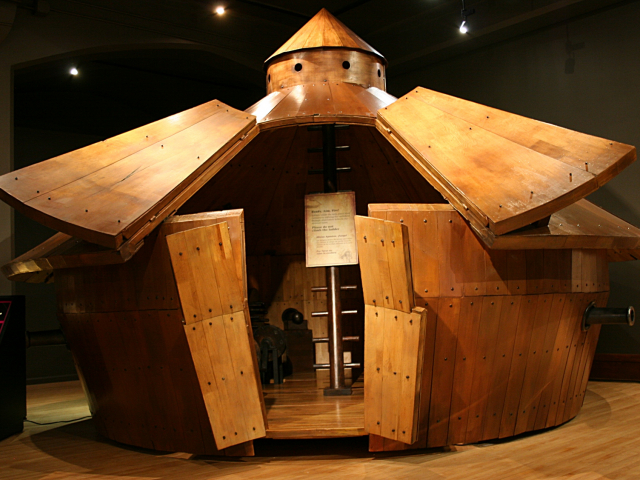
1. Leonardo da Vinci's Armored Vehicle
According to the idea of the inventor, the "tank" had to move by means of the crew's physical effort, presumably eight people. The vehicle should have been equipped with light cannons, placed around the perimeter, and an observation tower on the top. This weapon promised to be disastrous for the enemy. During the battle, eight people, protected by an outer shell, could deliver the tank directly into the thick of a battle.
Alas, the creation of Leonardo da Vinci wasn't implemented in the XV century. But today his invention is the main prototype of modern tanks.

2. Ferdinand Verbiest's Car, 1672
According to some statements, Verbiest developed the world's first vehicle capable of moving on the ground, the prototype of the first car. It was a toy designed specifically for the Chinese emperor.
A self-propelled vehicle with a steam engine was only 65 cm long, there was no room for a driver or passengers.
Water vapor was formed in the spherical boiler, from where it was directed to the blades of the steam turbine which propelled the rear wheels.
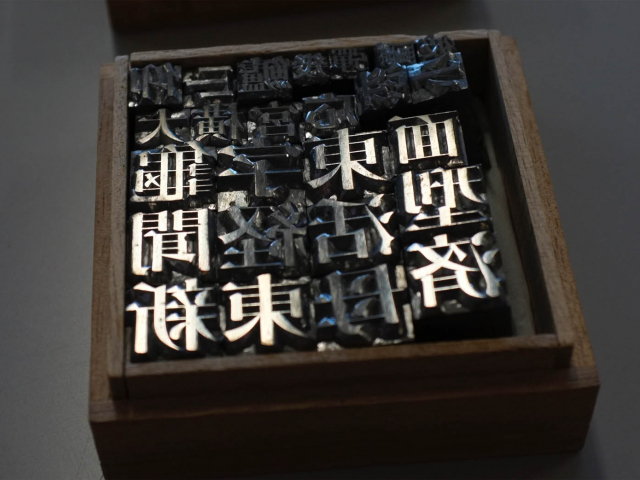
3. Bi Sheng's Movable Type, XI century
The Chinese innovator was the first to come up with an idea of printing using a movable type and who applied it in practice. Sheng used clay with cut out hieroglyphs hardened by baking.
When the inventor wanted to print something, he took a pre-prepared iron frame and placed it on a metal plate coated with a mixture of pine resin, wax, and paper ash.
The frame was filled with a mixture, and a single stable block of seals was obtained. Then the inventor warmed it up, and when the paste melted slightly, he took a smooth board and pressed it to the surface of the block making it smooth like a grindstone.
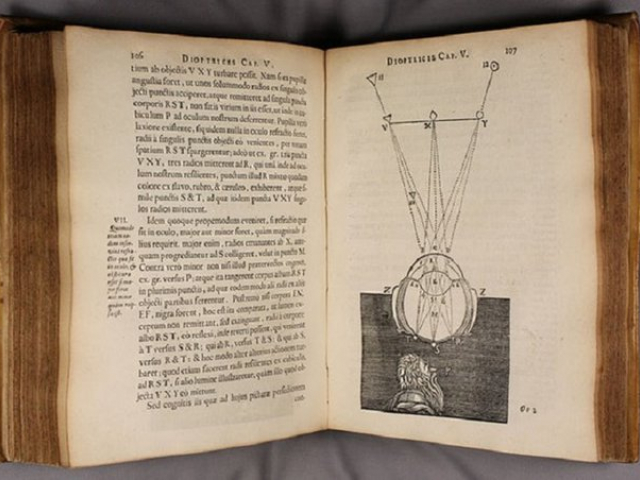
4. Rene Descartes' Contact Lenses, 1636
Descartes invented hydroscopes, the prototype of lenses. They represented a small tube, at one end of which a lens was inserted. Water was poured inside to become the environment between the lens and the cornea.
During the life of Descartes, his idea was not widely spread. It was implemented only in 1801 by Thomas Young.
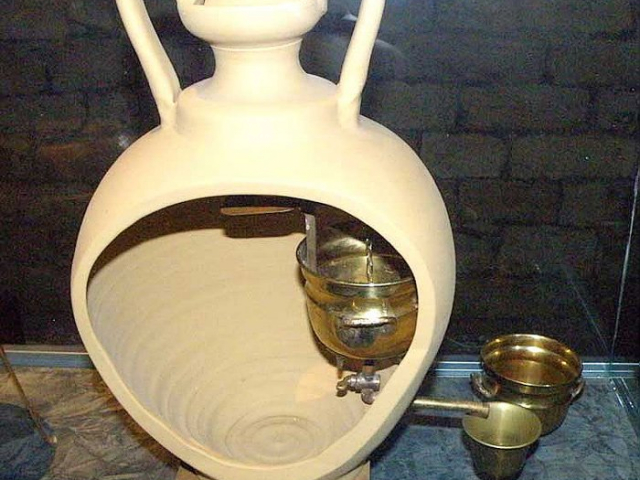
5. Vending machines in Alexandria, I century
The Greek mathematician and mechanic Hero developed the first vending machine in the first century in Alexandria. The machine dispensed holy water in the temple.
This idea arose because those entering the temple had to wash their hands with water consecrated by the priests. But this process took a lot of time.
With the invention of Hero, this process was optimized: the visitors of the temple put a coin into the slot. It struck against the lever which displaced the bolt and allowed some liquid to flow out.
So the vending machine was invented even 1800 years before its modern equivalent was patented.
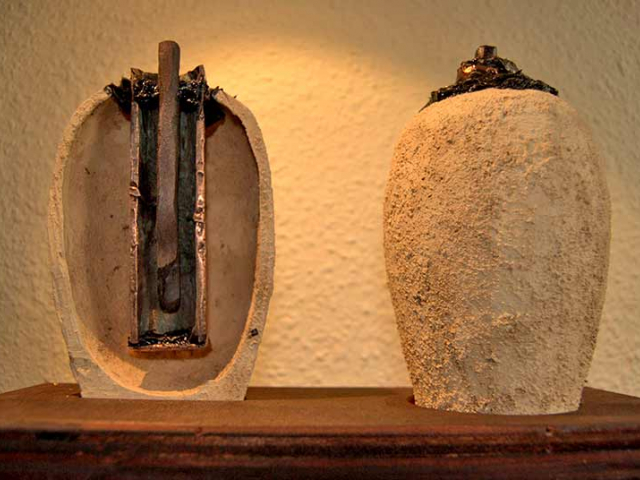
6. Baghdad Battery
German archaeologist Wilhelm Koenig is the discoverer of this Mesopotamian artifact which is now stored in the National Museum of Iraq.
Koenig assumed that the Baghdad battery, filled with acid or alkali, could create a voltage of one volt.

7. Central heating
The Greeks were ahead of the Romans with their system of houses heating. In particular, the Minoans. They laid pipes under the floors of their houses through which warm water flowed.
During the heyday of Rome, the hypocausts provided warmth for the hot halls of the Roman baths and private villas (in the cold season).
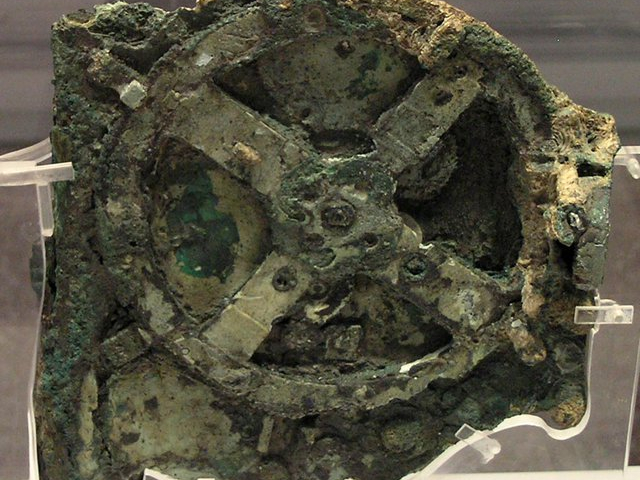
8. Antikythera mechanism
The mechanical device was found in 1901 on a sunken ancient ship. The mechanism itself dates back to about 100 BC. And today it is kept in the National Archaeological Museum in Athens.
The mechanism was used to calculate the motion of celestial bodies and allowed defining the date of 42 astronomical events. It was produced from 30 bronze gears in a rectangular wooden case, dials with arrows were placed on the front and back panels.
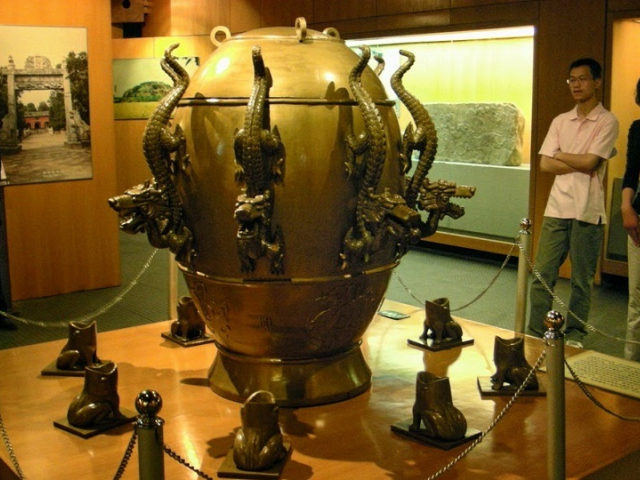
9. Ancient seismoscope
Chinese scientist-inventor Zhang Heng in 132 AD presented the first seismoscope that was able to predict an earthquake with the accuracy of modern instruments. In historical records, you can find the exact description of the device's appearance and how it functioned, but the exact design is still a mystery.
The most common legend is that the pendulum inside the copper flask starts moving during the tremors, even if the epicenter of the earthquake is hundreds of kilometers away.
 বাংলা
বাংলা 
 Русский
Русский English
English Bahasa Indonesia
Bahasa Indonesia Bahasa Malay
Bahasa Malay ไทย
ไทย Español
Español Deutsch
Deutsch Български
Български Français
Français Tiếng Việt
Tiếng Việt 中文
中文 हिन्दी
हिन्दी Čeština
Čeština Українська
Українська Română
Română
